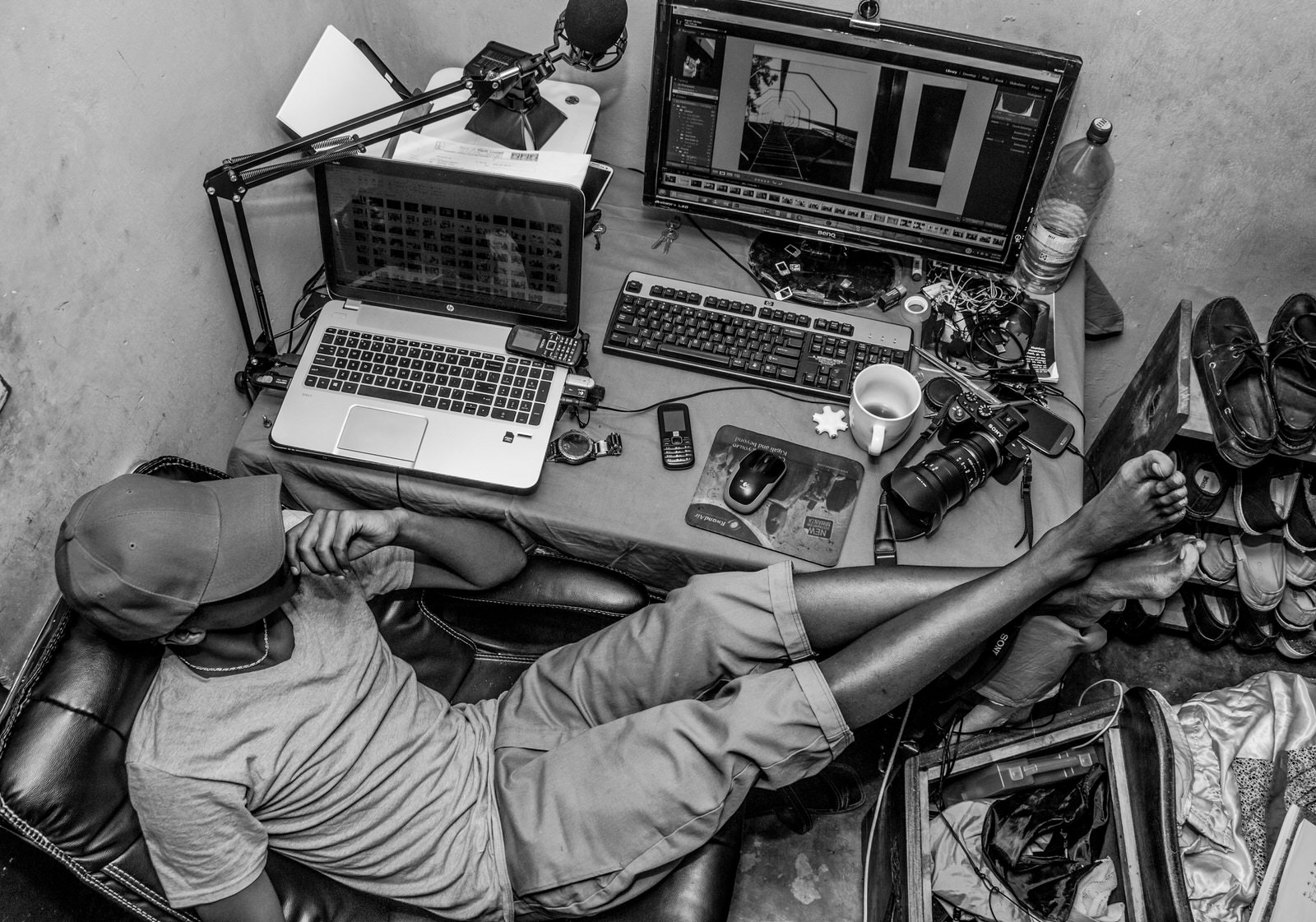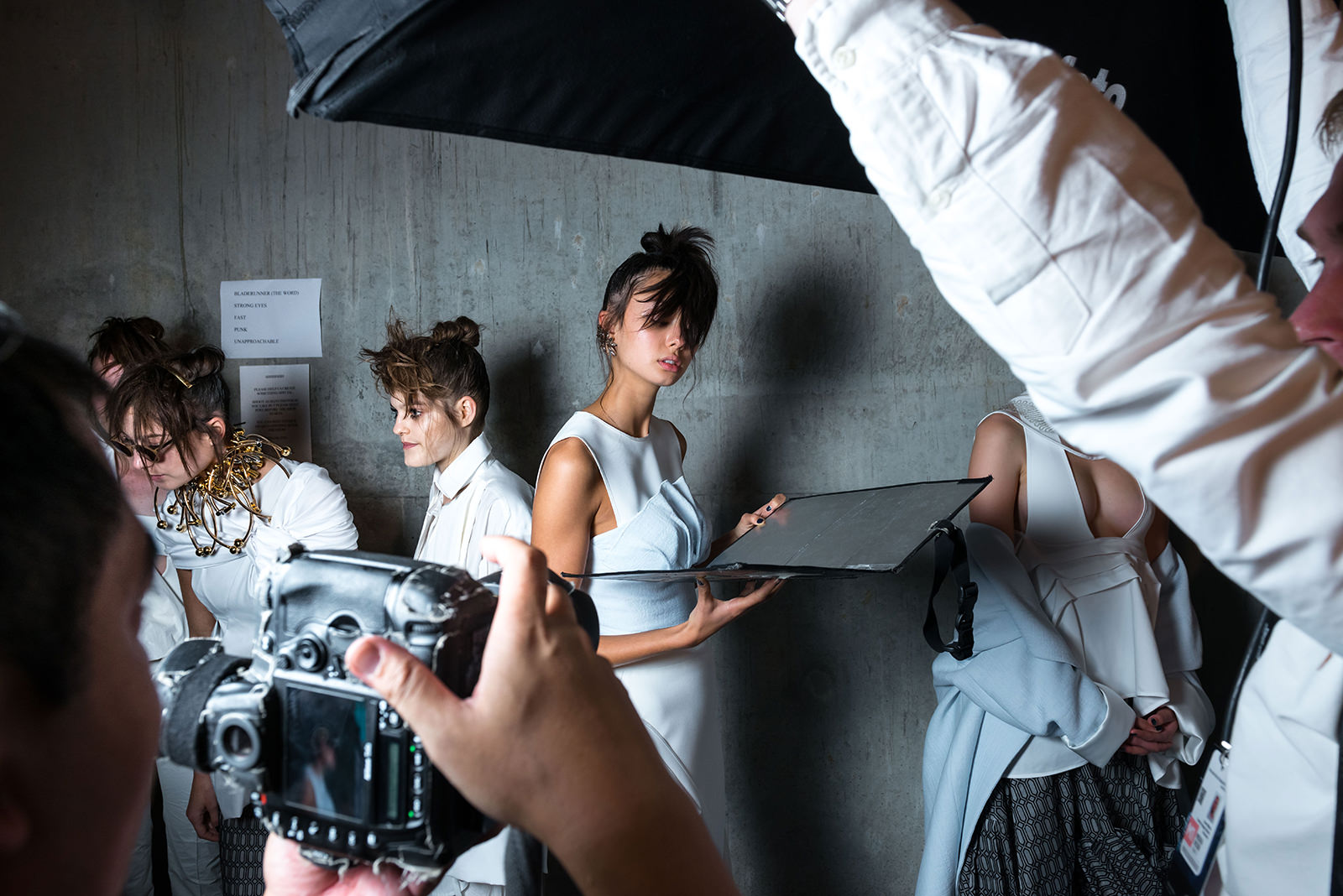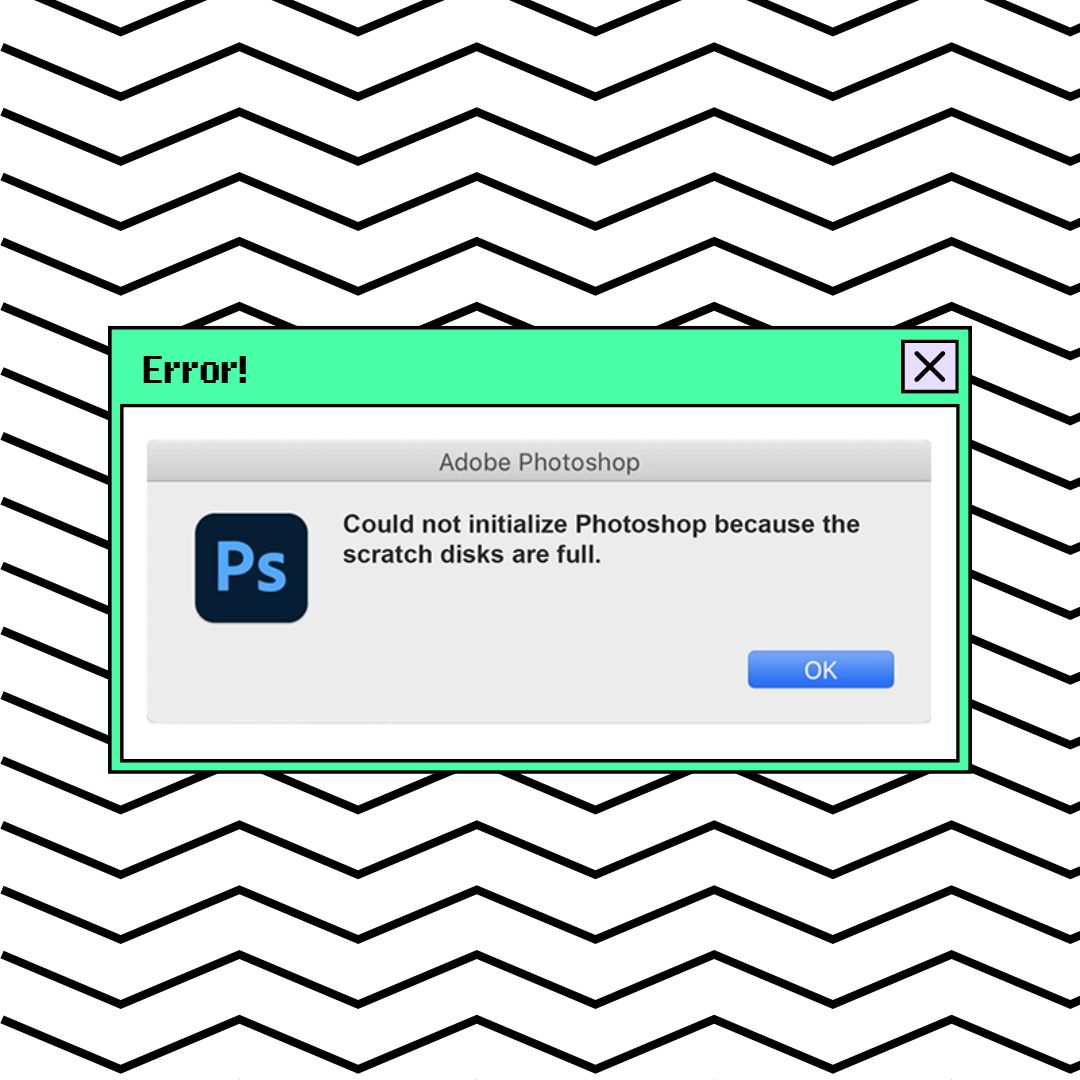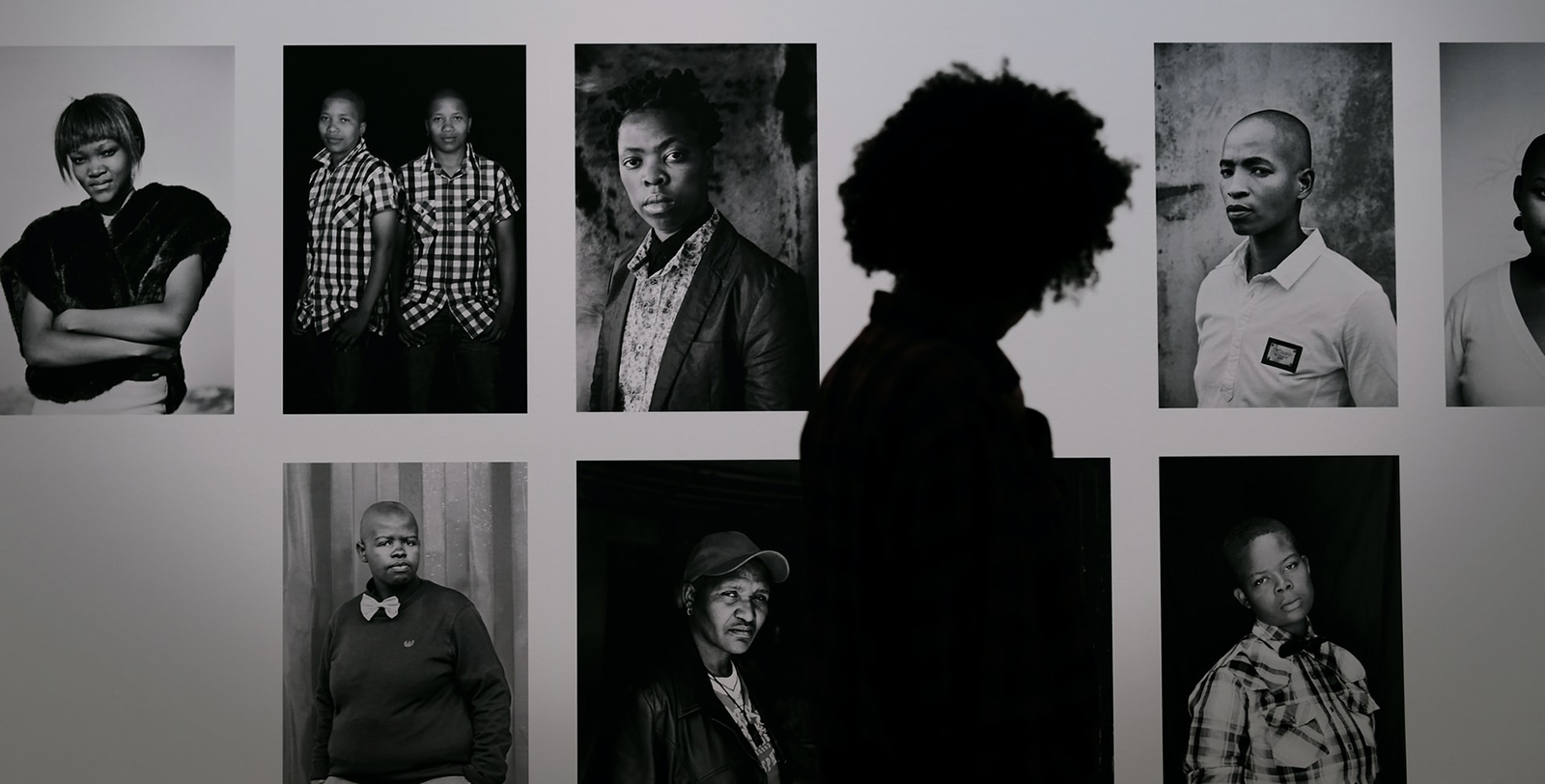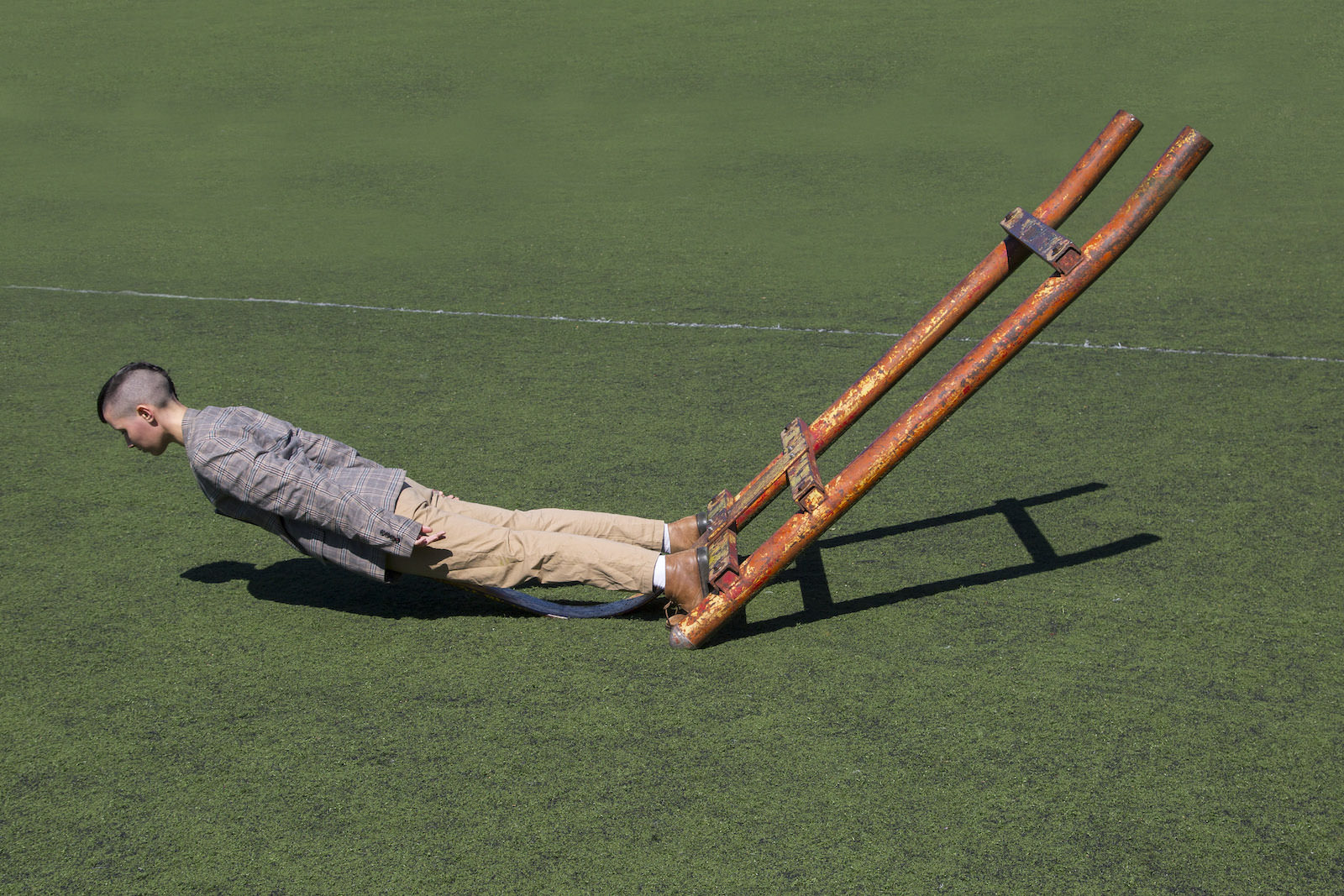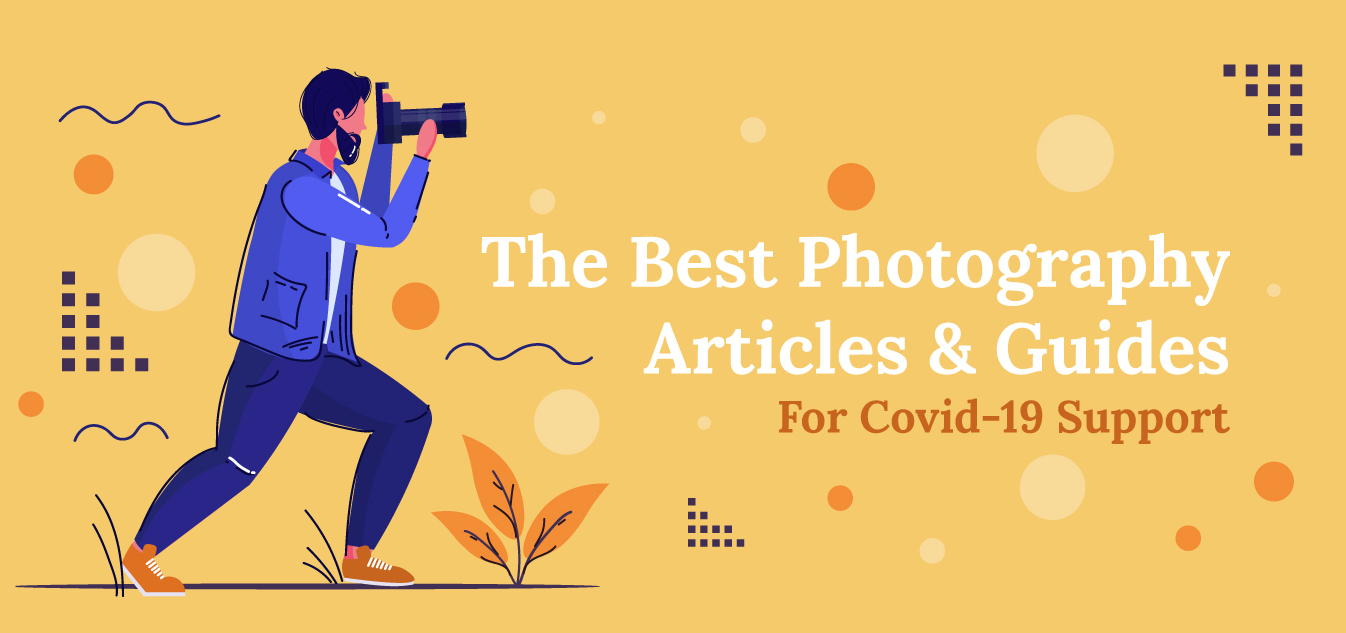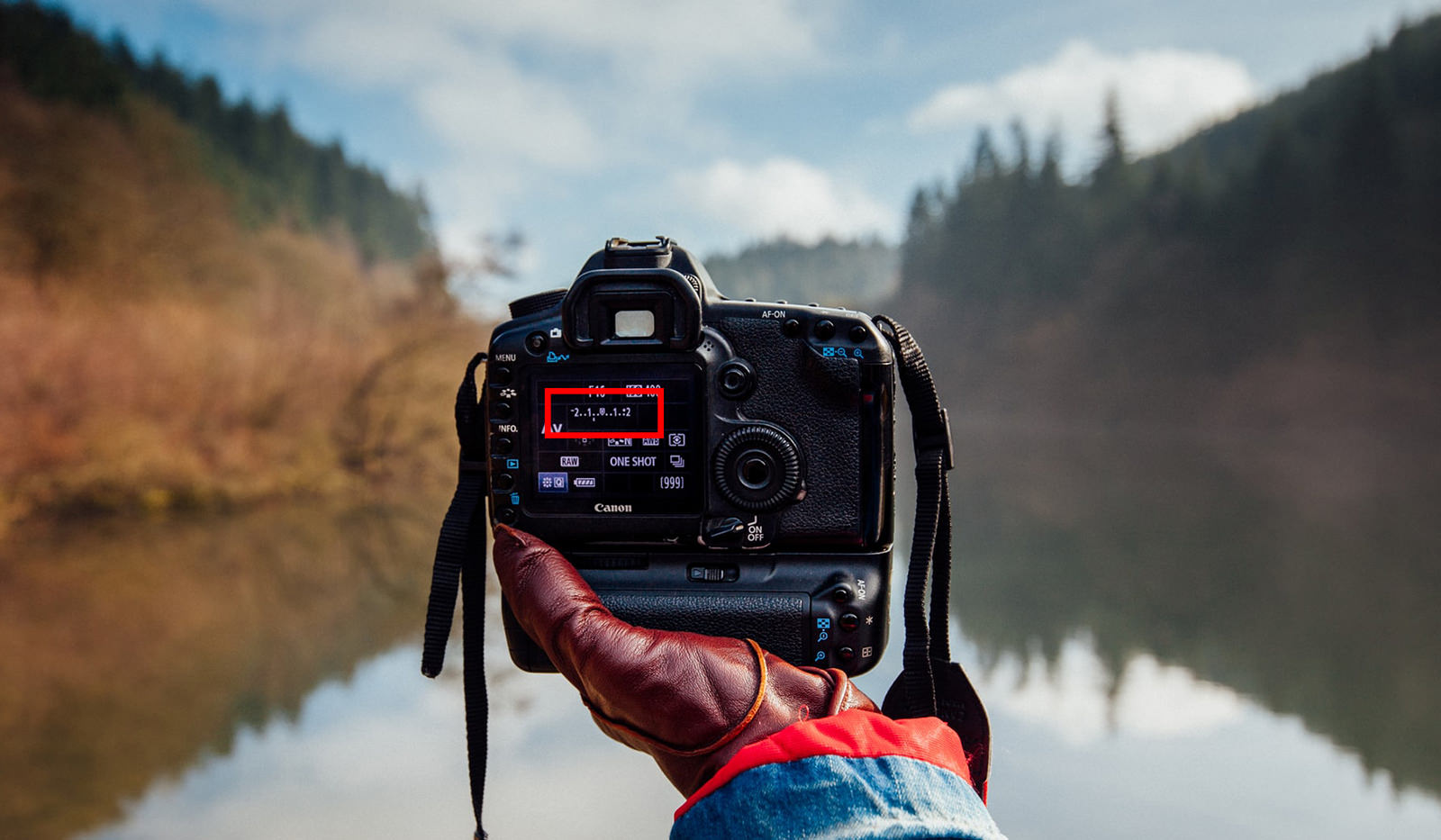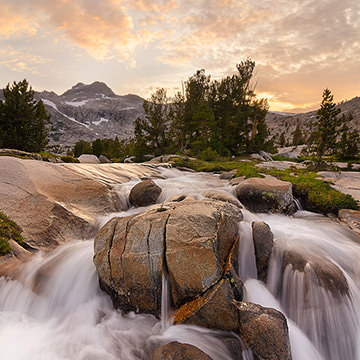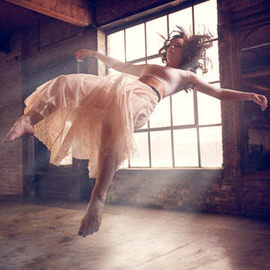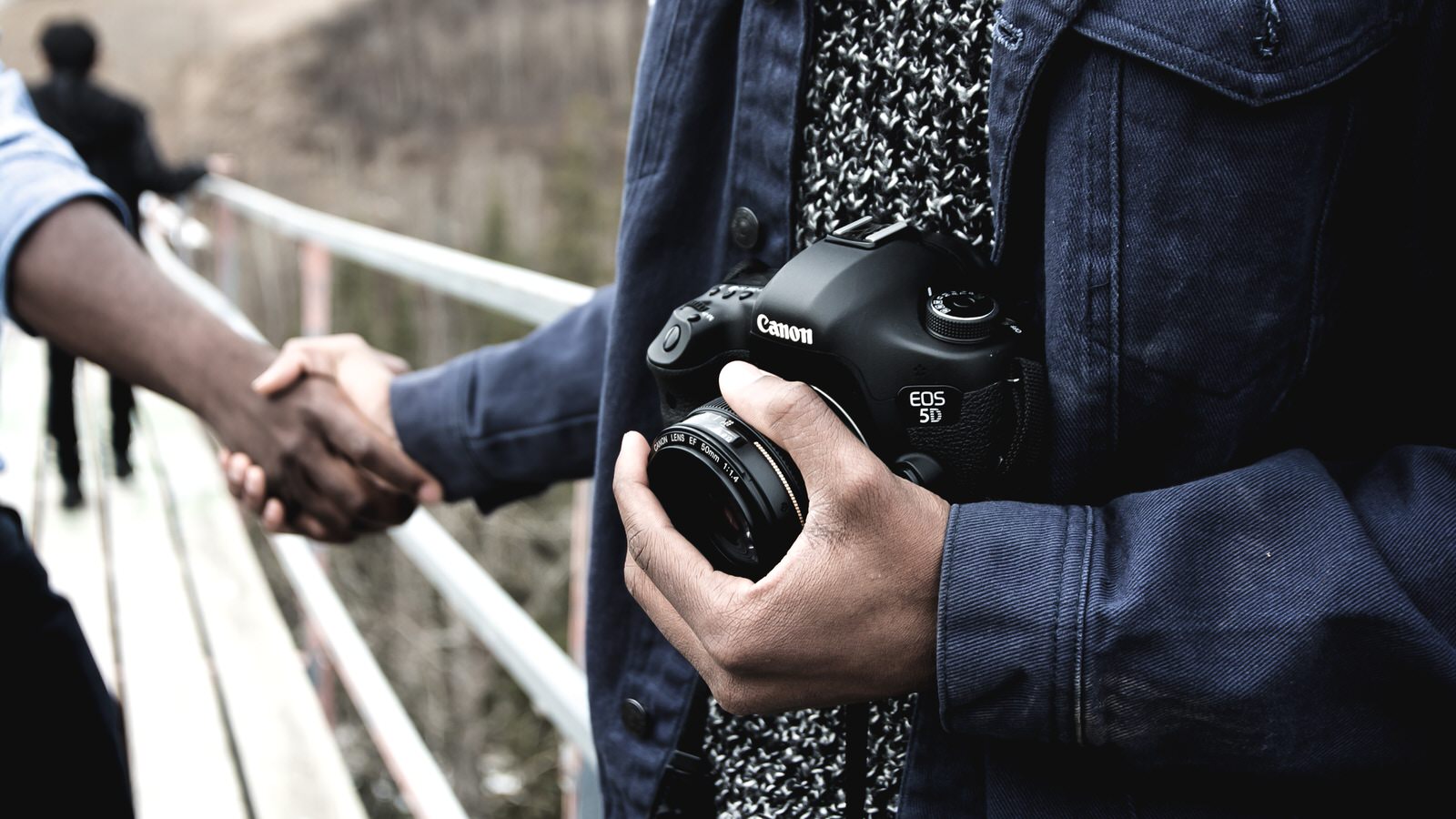
How Photography Is More of a Business Than Some People Give It Credit For
The biggest problem with photography, as a career, is that it’s all at once an art and a business. Very few other careers vacillate so wildly for an individual. In photography, one minute you’re capturing the moment or sculpting light, and the next minute you’re designing a marketing newsletter to send out to prospective clients. Managing both sides of photography – and the switching of mindsets – is, in fact, much of what photography is truly about. But there’s little guidance on this aspect of the discipline.
To help a bit, we’ve organized the principles of being good at the business part of photography so that you can check off the boxes and get back to what you love doing.
Like any business, it takes work. The good news is that much of this list consists of things that start hard and get easier as you go. But by putting in the effort in the upfront part of becoming a professional photographer, you set yourself up to do more, make more and, in fact, enjoy it more.
On Being a Business
Can photography be more than a hobby and a passion? Can you actually make money with photography? In short, yes.
But, in order to answer ‘yes’ to those questions, it’s worth exploring a bit more.
Many photographers spend their time trying to figure out what kind of photographer they want to be, rather than what kind of business they want to run. Our recommendation, before you start thinking about genres of photography, is to consider what kind of business you want to run. Is it a side hustle? Your main source of income? Not for profit? Part of a larger freelance business?
This core decision sets the stage for a lot of things for you – from how you market yourself to how you do your taxes. This macro decision can also lead you to find answers that you wouldn’t normally find out until much farther down the road – like who your local competitors are, how big your potential audience might be, and how best to market yourself. Start at the broadest level and establish a business foundation, then build.
Some considerations:
If this is anything other than a primary business for you (i.e. a hobby, artistic endeavor, or side hustle), then set up your website, make a business card, and go ahead and start hustling. Just know that when it comes time to get paid, you’re going to be dealing with a few different things. For one, you’re either going to get paid under the table, which will limit exactly how much you can make, or you’re going to find yourself needing to send clients a 1099 form a lot.
This form, which your clients will send you and you can fill out and send back (and go ahead and keep a copy of it to send to future clients to save some time), allows them to claim you on their taxes. Which means the IRS knows you made the money. Which means you can/will/should be taxed on it. At the end of the year, all those companies will send you back a form that shows what they paid you. Collect all of them and give them to your CPA when you do your taxes.
Furthermore, keep all your receipts related to your business so that your tax person can properly assess what you can write off. This is the path of most out-of-the-box photography businesses, as it’s a relatively simple way to get started, but it leaves a lot of potential on the table. Normally, people who set up their photography business this way have another source of income. And while this is a great way to afford to be a photographer, it also tends to limit the kinds of jobs you can do. It’s much harder to make meetings, travel, or take the days off needed to do bigger jobs when photography is done on the side, and this can limit your growth as a professional. It’s like playing a round of golf with only the putter.
The other way to do business is to actually start a business. By forming a business of one (single member LLC), a lot of doors open up for you. You get better tax rates as a company than as an individual and you can more properly establish your write-offs and business expenses. But also, you can have a business bank account, which allows you to better track everything and get paid directly to your account from clients. This is very helpful for repeat clients, or clients who you do ongoing work for.
Also, businesses treat other businesses differently than they do freelancers; you get more respect and they tend to trust you more, too. And you can hire employees, like assistants, producers, retouchers with much more ease and legitimacy. And, as your business grows, you can apply for loans through your business account, too.
The biggest barrier to forming an actual business is the mindset that you’re an artist, not a business owner. If you can get past this, companies like LegalZoom can set you up quickly in getting the all-necessary EIN number. It takes a bit of investment up front to get all the paperwork done and you will pay some fees, but they make it easy to do and offer tons of services, if you want them, to help you get started. Once you have your EIN number, simply walk into a bank and tell them you want to open a business account – they’ll be more than happy to get you all set up. Next thing you know, you’re a business.
How does this help your photography?
Being a bigger entity suddenly enables you to take on bigger jobs for bigger clients. It’s a near-immediate validation of your skills to be able to talk to another company as a company yourself, and it conveys your commitment and skill level. As the level of your clients grow, so too will the level of your work.
What are the major considerations?
Forming an LLC is the costlier upfront way to go, and it’s time-consuming in the beginning, as you start to uncover all the little things that need to be done to establish yourself, like getting insurance, a bank account, and setting things up with your accountant. But the nice part is that once you’re done, you’re done. Setting up a business is mostly a one-time affair and from that point on, you can focus on your art.
On Being a Bookkeeper
One of the things that photographers rarely consider themselves good at is bookkeeping. If we were good at that stuff, we probably wouldn’t have gotten into photography to begin with. So, in the beginning, you’re just doing it in a kind of haphazard way – negotiating on the fly, doing things for discounts, dealing with payments later and, often, forgetting where you stand with a lot of people.
What most professionals discover at some point is that they can streamline the process of estimating and invoicing so that it nearly takes care of itself. But this, again, takes an upfront investment – namely in some online software. We highly recommend something like FreshBooks, where you can use online-based software that essentially acts as your bookkeeper. These kinds of apps will help you do all of it – from setting standard deliverables, with pricing, to turning estimates into invoices, and even keeping track of who owes you money.
But best of all, a good app will also tie into your business bank account and start to keep track of all your business expenses and earnings. This becomes an incredibly powerful and useful tool for both seeing how your business is going, as well as churning out any kind of statement you need come tax time, or down the line when you want to get a loan. They offer a full view of how your business is running and put you in complete control of it.
How does this help your photography?
Once you’ve really got a system up and running, it takes so much of the guesswork out of your business that you can actually regain your joy for shooting, knowing that you’ve got all the books handled. Suddenly, managing your clients, jobs, and payments has a central location with an easy-to-understand interface and you’re running smoothly.
What are the major considerations?
There are free versions of these kinds of software, so look around – but most robust systems have a subscription fee of some kind. Also, there’s a learning curve up front in terms of understanding the process of creating estimates, invoices, and managing contacts. Also, it takes some work to hook your software into your business bank account. It might take upwards of a month of so before feeling entirely comfortable navigating around your accounting software. But once it’s set up, it’s a very empowering feeling.
On Being a Manager
In the beginning of becoming a photographer, you’re incentivized to do everything. Because when people hire photographers, they usually envision a person with a side hustle who can run in, handle everything, bring a light or backdrop and bust out a bunch of great images. That’s small ball photography – it can be very creatively rewarding, but it’s hard to scale. The bigger jobs are going to professionals who are expected to run a busy set, or at least have a bare bones crew who can fly in and do a myriad of things that make a shoot great.
Again, it’s never the expectation when getting into photography that you’ll be in charge of finding, hiring, and managing talent, but this will need to be something you learn to do in order to grow and evolve your business.
The list of people you might want to call on may be bigger than you think – from hair and makeup to wardrobe to light technicians and on and on. You might need to know the local casting companies, too. And how to find locations. If you really want to make it easy for yourself, the first person you try to find is a producer.
A good photography producer will have access to all of these people – and be able to get to the rental store and pick up that extra light for you, too. They can help you with the schedule, with location scouting, and even on-set assistance and lighting design. Good producers are an essential part of the professional photography business. Start figuring out who you might know, or get to know, who has done photography producing before and be prepared for absolutely anything.
How does this help your photography?
Being a professional photographer is much more than shooting a camera. Once you consider yourself someone who can run any size set and make decisions about everything that goes on on that set, the more you expand your mind into new ideas of what you can accomplish.
As you grow your business, you’ll find that delegating responsibilities that you once handled by yourself actually makes you more money, not less. Retouching, for example, is one of those things that can take up an entire day. If you can make $1,500 that day doing something else, or push your business forward in some way by taking meetings or doing your marketing, it might be worth paying for a retoucher to handle your post work.
What are the major considerations?
Outsourcing work can be risky for two major reasons: sometimes it disappoints clients to find out that they are expected to pay both you and someone else, so your decisions here need to be made up front, not after the shoot. And the other risk is cost to benefit. If all your profit goes to your crew, you’re left only with the portfolio-worthy images, but no income for the effort. All professional photographers weigh this expense carefully at the beginning of a job and try to find the right balance of work they do themselves versus what they hire out.
On Getting Representation
One of the toughest parts of getting new business as a new photographer is breaking into an industry that is already well established and deeply tied to connections that a new photographer doesn’t have. For example, advertising agencies use art buyers to source photographers and those art buyers have long-standing relationships with reps that often go back many years. This simplifies the process when creatives are looking for a specific type of photography, as the art buyer can go to a few people and get a lot of great portfolios.
Getting yourself in with a rep immediately puts you in with people who are hard to reach and can often make a career. These reps vary in terms of the industries they go after, so you can also try to find ones that specialize in your kind of work. Good reps can also help you with marketing and managing your portfolio, making recommendations on what to keep in and what to take out as they get feedback from clients. They can even go so far as to recommend specific kinds of test shoots to further develop your book.
But it’s not only relationships that reps help with – they will also help with working out your fees and the licensing agreements with your work. It’s a bit like having a label when you’re a musician.
How does this help your photography?
For many photographers, this is the ultimate setup and lets you get back to focusing on your art and the more photography-oriented parts of your day. It’s like having a business partner on the account side who is looking after you and working on your behalf. But it can also be a great sounding board for your work, how to sell it and where you want to take it.
What are the major considerations?
Reps of course don’t work for free. In all likelihood, they are going to take a cut from the overall budget – money that could be going to you, if you were to handle it all by yourself. This can still work out for you if you’re with a reputable agent who gets you a lot of work. And they may even end up working out better deals than you could have by yourself so that you make more than you used to, even with the 30 percent fee taken out.
Reps will want exclusive rights to you, meaning even if someone comes to you directly, they still get a cut of your fee. As you start to make a name for yourself and more and more clients want you, your need for a rep diminishes. So, if you find yourself in a position of getting signed, set a timeline on the deal and try to establish a month-to-month relationship at some point so that the rep is incentivized to continue to add value and work hard for you.
It’s a lot. But it’s actually not as much as many other businesses. In the scheme of things, setting up a photography business is pretty basic. It’s just often a lot more than one imagines when considering the profession. The big difference with photography is that you don’t join a company, you become one. So, it’s this mix of generalist knowledge of business with extremely technical knowledge of craft. Most businesses don’t work that way. Which is in fact what makes photography such a complex and interesting line of work.
